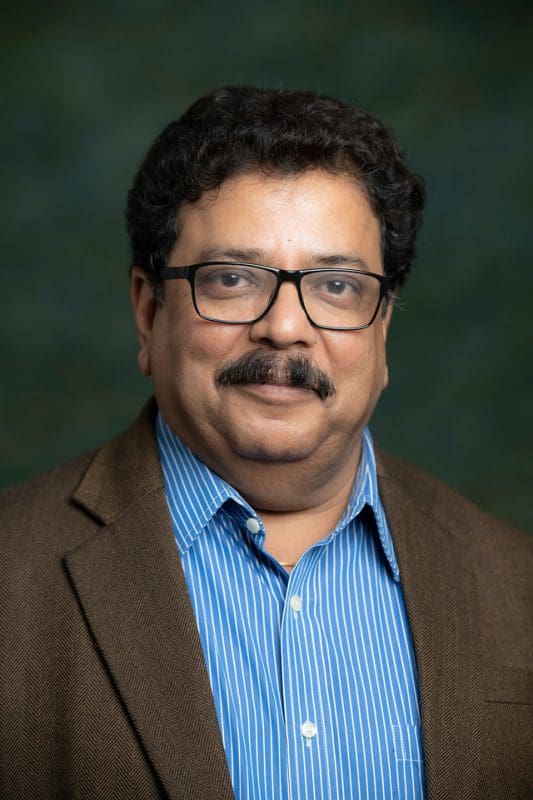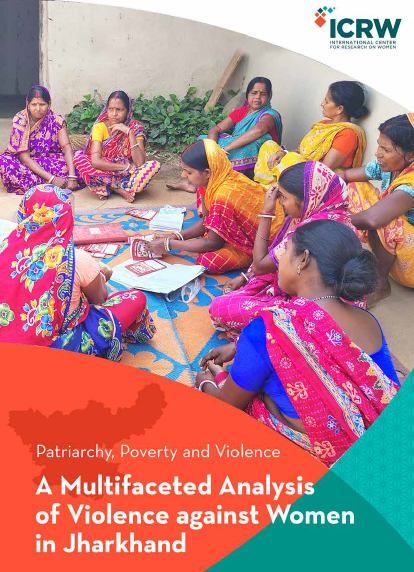
Strengthening Systems to address Gender Based Violence Redressal Systems in Jharkhand
2024 - 2027
New Venture Fund
India
The International Center for Research on Women (ICRW) is working on a three-year (2024-2027) system-strengthening initiative to address intersecting violence against women and girls (VAWG). The key vision of the project is to work with the government of Jharkhand to help operationalize and achieve the goals of the policy and programs that aim to prevent and mitigate violence against women and girls in the state of Jharkhand with a focus on the districts of Jamtara and Godda.
WHAT ARE WE SETTING OUT TO DO?
With the belief that a system-led, collaborative, multi-level, and multi-sectoral intervention will be more effective in shifting gender norms and reducing violence against adolescent girls and women than isolated efforts, this project seeks to:
- Promote evidence-based actions: engage system actors and stakeholders to utilize the evidence generated for effective action against violence.
- Inform systems and interventions: provide data and insights to improve government strategies and interventions aimed at preventing violence against women and girls.
- Understand and address drivers of violence: generate data and insights on social and gender norms and institutional practices that drive violence against women and girls.
- Undertake research-led action to strengthen community monitoring: work with the government and other key community-based stakeholders to establish community-led monitoring mechanisms to ensure sustainability and local ownership of actions taken.
WHAT METHODS ARE WE USING?
Since we aim to work with and strengthen existing systems, our work involves mapping current data to understand the prevalence, forms, and drivers of violence in Jharkhand. This will be supplemented by a review of existing laws, policies and programs in place for gender-based violence redressal at the national as well as state level in Jharkhand. The exercises will help us identify data gaps and opportunities for improving, reach, effectiveness and multi-sectoral coordination in gender-based violence response systems.
To work with key state actors, we will also establish a state levelSteering Committee under this project with representation from relevant government departments (Livelihood, Rural Development, Legal Services, Home, Women and Child Development, Health, Education, etc.) to facilitate a convergence in existing prevention and response systems to gender based violence. This will also strengthen engagement with government stakeholders to identify evidence needs and subsequently co-design research activities to gather data both at institutional and individual levels. The project also works with local civil society partners to inform and facilitate a more cohesive and diverse ecosystem for gender-based violence redressal.
We will be working on documenting processes, gathering lessons, and sharing findings to support advocacy. We hope this work will help strengthen systems-based approaches, enhance government strategies, promote gender-responsive institutional change, and provide clear evidence for action.
DISSEMINATION
The dissemination plan will be developed as a part of our larger goal to ensure that the findings for the study are responsibly shared with stakeholders- both from government departments as well as local CSO, CBO, and NGO networks. Findings from the research study will be used to determine further strategies and direction of relevant interventions addressing GBV at the state, district, block, and village levels.
Findings will be disseminated in an appropriate manner to ensure that they are properly interpreted and used to advance policy and intervention development.
- The findings from the study will be disseminated to policy makers, state functionaries and community members in the study site to create awareness about the various interventions for prevention and response to GBV.
- The findings will be disseminated in local, national and international forums and at relevant policy-level events to ensure that the results promote policy dialogue and improve the existing interventions on GBV.
- ICRW Asia’s credibility with the state government will be harnessed to facilitate the translation of study findings into practice and policy.
We are looking to work on several knowledge products to disseminate our findings:
- Issue briefs on various learnings from the study
- Technical brief presenting evidence:
- on the intersectional nature of VAWG and the role of state systems (health, WCD, education, home, JSLPS) in addressing it
- Strengths, challenges and barriers in the current GBV prevention and response by the systems.
- A report on existing practices of first responders (healthcare workers, OSCs, GRCs, shelters, helpline, amongst others) in working with victim-survivors of violence; this would include learnings and best practices and recommendations.
- Study report highlighting findings from the research
- Web-based platforms (knowledge management platforms/e-discussion forums) to share and exchange knowledge and information on a regular basis.
ICRW also plans to attend relevant conferences and seminars at the national and international level, and host meetings with partners and stakeholders to share relevant research findings, which will lead to advocacy and further change in policy thinking.
The study findings will be shared in the form of a research report to the project donor. In addition to developing a full-length report, findings and other conclusions will also be condensed in short format briefs to be shared at relevant opportunities and platforms. As far as possible, we will also look for avenues for publishing the findings in scientific/peer-reviewed journals and other relevant conferences.
Meet our Experts
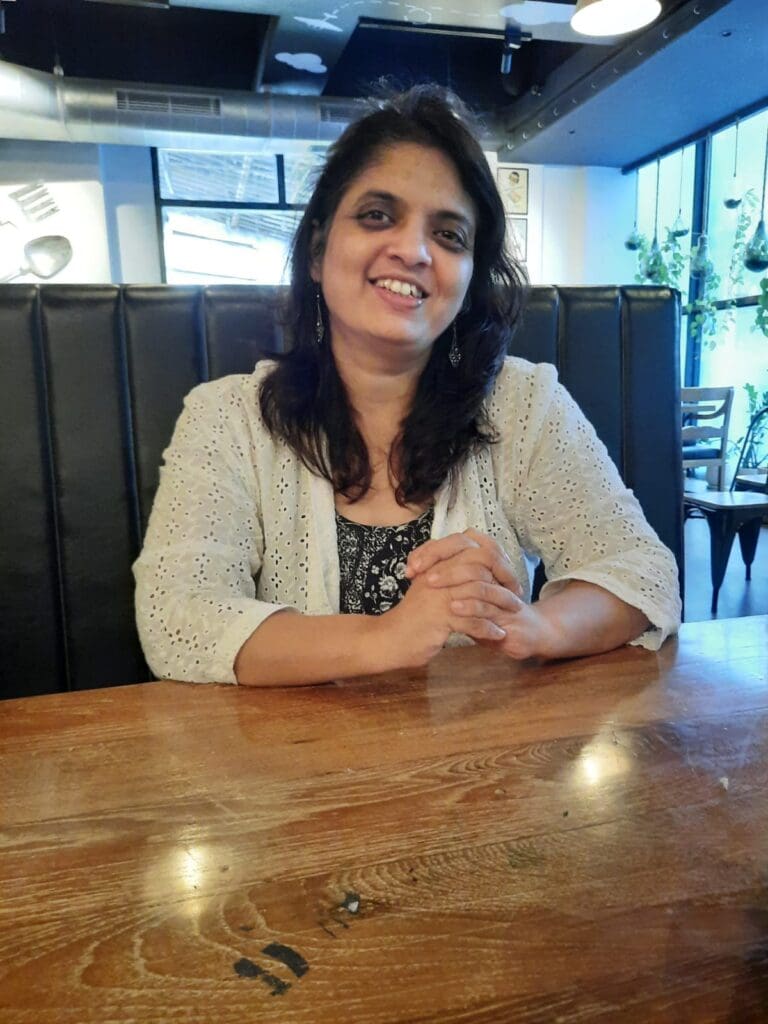
Padma Bhate-Deosthali
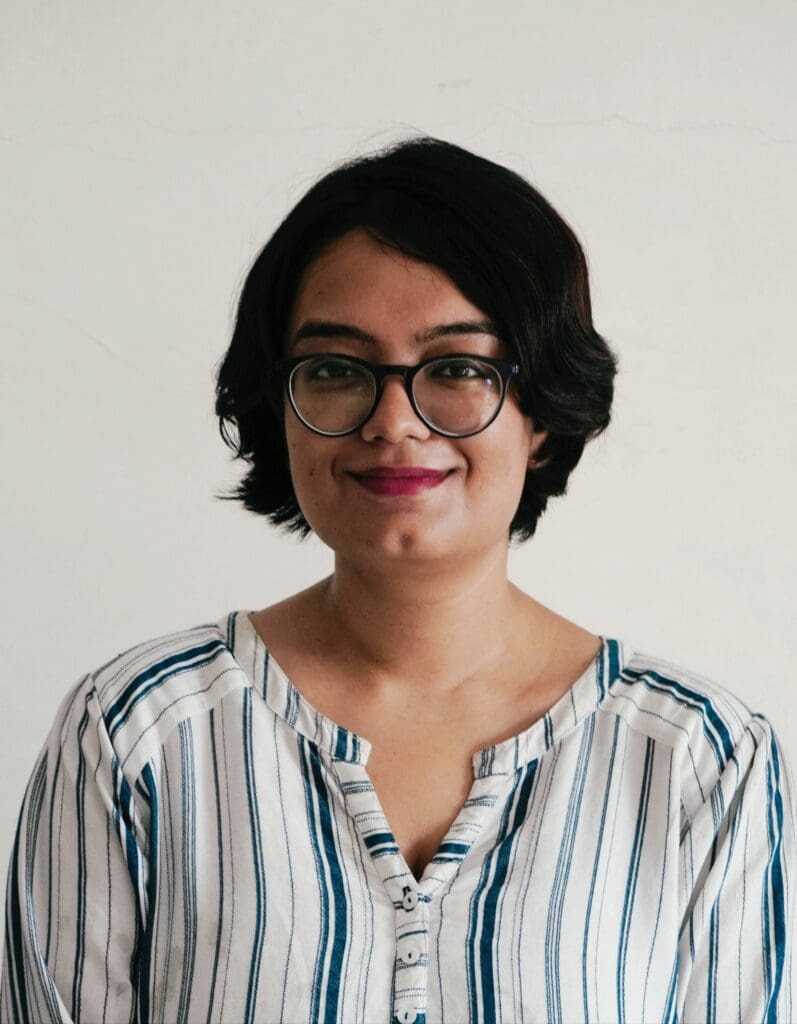
Deepshikha Chatterjee
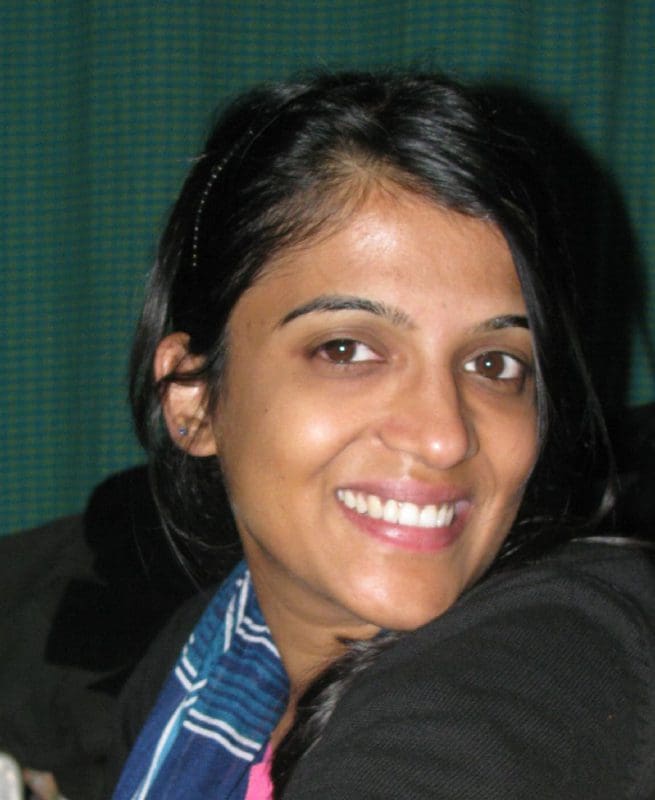
Sapna Kedia
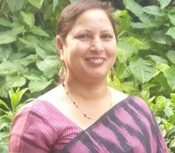
Nasreen Jamal
